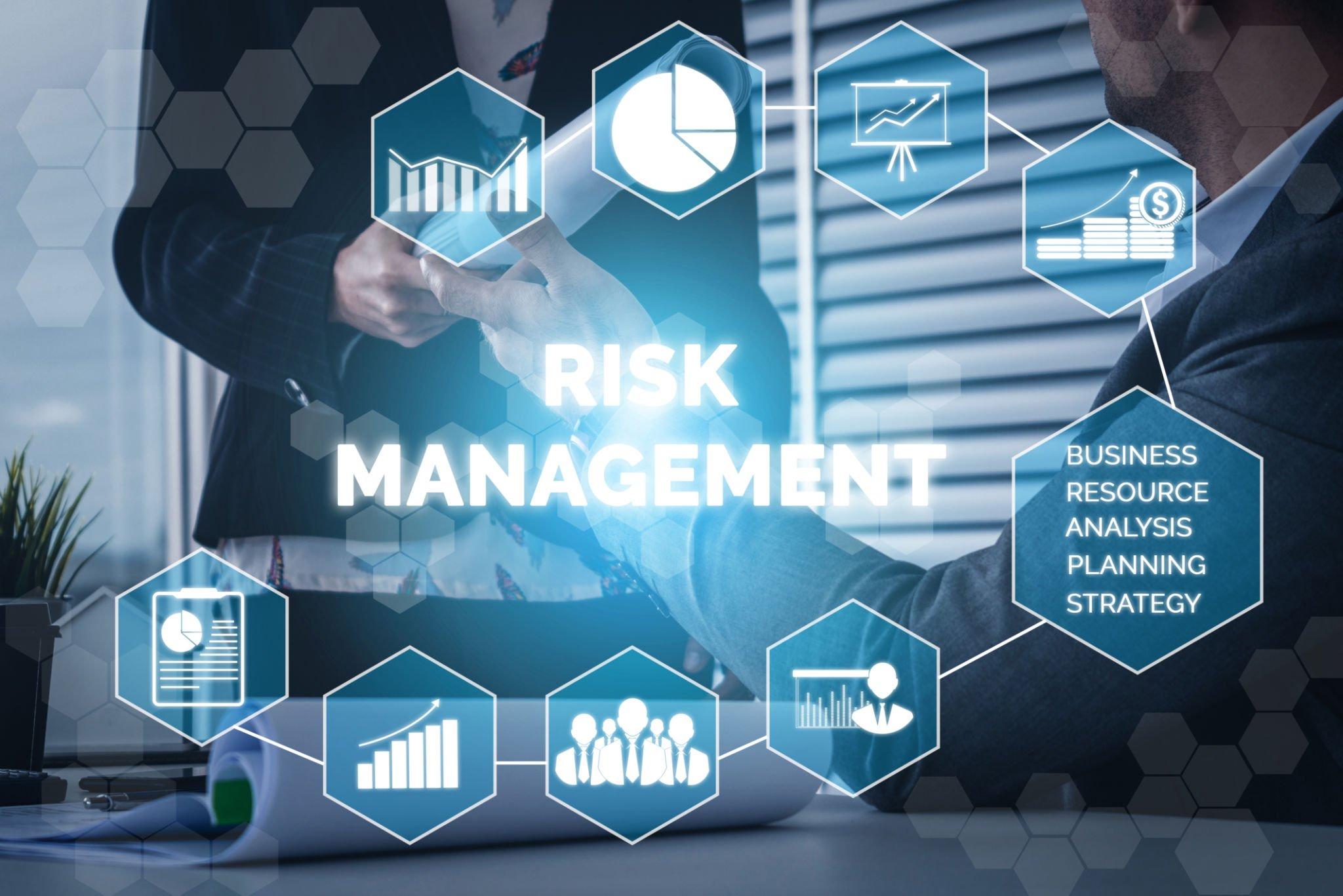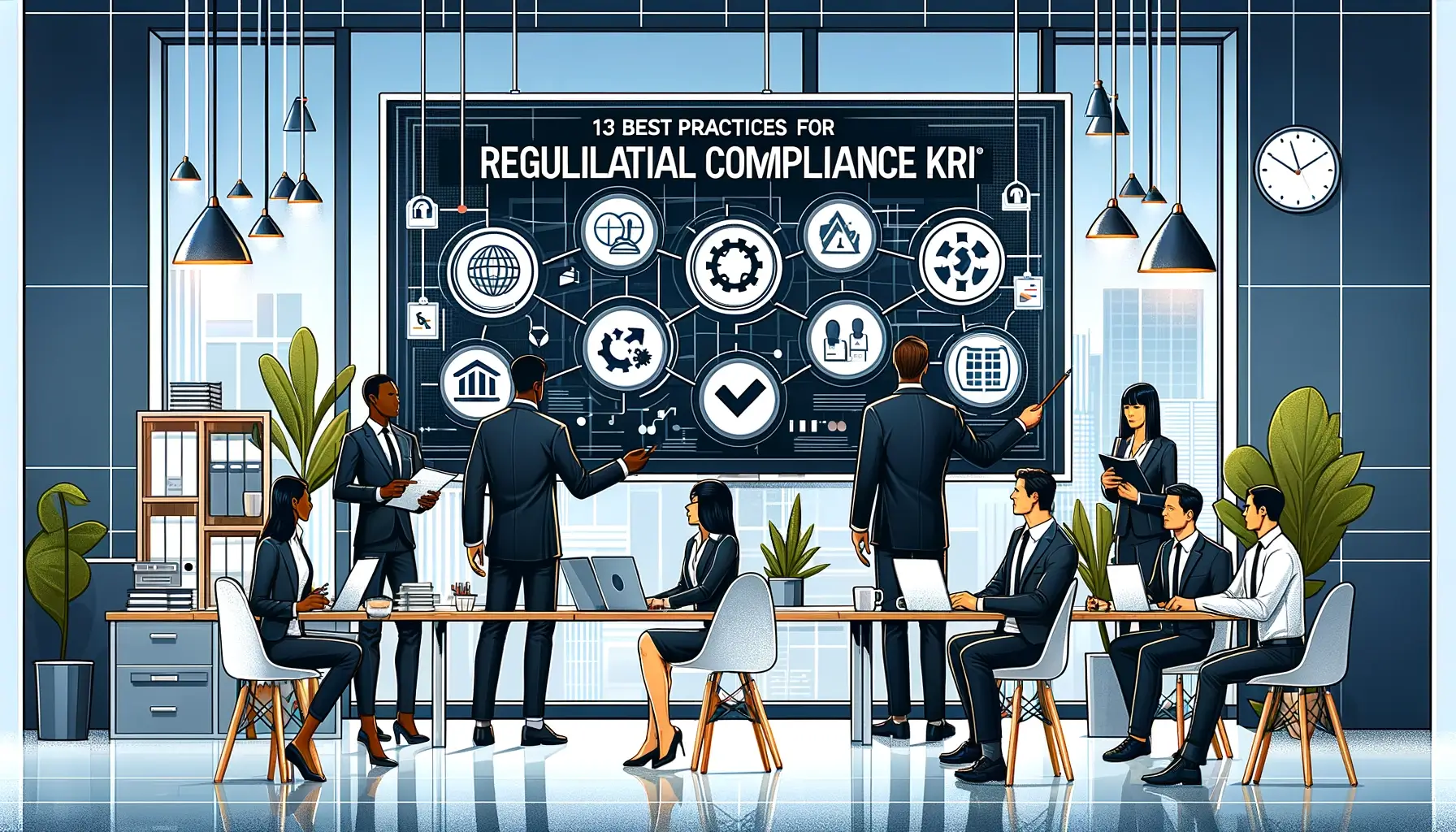Blockchain Wealth Management Services Complete Guide to Digital Asset Investment 2025
Blockchain wealth management services for secure digital asset investment. Expert strategies, platforms & benefits explained....

The financial landscape is undergoing a revolutionary transformation, and blockchain wealth management services are at the forefront of this change. As digital assets continue to gain mainstream adoption, traditional wealth management is evolving to incorporate sophisticated blockchain-based solutions that offer unprecedented transparency, security, and investment opportunities.
Modern investors are increasingly seeking professional guidance to navigate the complex world of cryptocurrency and decentralised finance. Blockchain wealth management services offer institutional-grade solutions that integrate the innovative potential of distributed ledger technology with proven wealth preservation strategies. These services provide comprehensive portfolio management, risk assessment, and strategic planning tailored explicitly for digital assets.
Whether you’re a high-net-worth individual seeking to diversify your portfolio or an institutional investor looking to gain exposure to blockchain technology, understanding the landscape of blockchain wealth management services is crucial for making informed investment decisions in today’s digital economy.
What Are Blockchain Wealth Management Services?
Blockchain wealth management services represent a new paradigm in financial advisory that leverages distributed ledger technology to provide comprehensive investment solutions for digital assets. These services combine traditional wealth management principles with cutting-edge blockchain infrastructure to offer clients secure, transparent, and efficient portfolio management.
Unlike conventional wealth management, blockchain-based services utilise smart contracts, decentralised protocols, and cryptographic security measures to manage client assets. This approach eliminates many intermediaries while providing real-time transparency and enhanced security features that traditional financial systems cannot match.
Core Components of Digital Asset Management
Modern blockchain wealth management platforms integrate several essential components:
Portfolio Diversification Strategies focus on creating balanced exposure across various blockchain ecosystems, including Bitcoin, Ethereum, DeFi protocols, and emerging altcoins. Professional advisors analyse correlation patterns and risk metrics to optimise asset allocation.
Custody Solutions employs institutional-grade security measures, including multi-signature wallets, cold storage systems, and hardware security modules. These solutions ensure that client assets remain secure while maintaining accessibility for trading and rebalancing activities.
Risk Management Protocols incorporate advanced analytics to monitor market volatility, liquidity risks, and regulatory changes, enabling informed decision-making. Automated systems can execute predetermined risk mitigation strategies, including stop-loss orders and hedge positions.
Key Benefits of Blockchain Wealth Management Services
Enhanced Security and Transparency
The fundamental advantage of blockchain technology lies in its immutable ledger system. Blockchain-based wealth management services utilise this feature to offer clients unprecedented transparency regarding their investments. Every transaction is recorded on the blockchain, creating an auditable trail that eliminates concerns about fraudulent activities or unauthorised access.
Multi-signature security protocols ensure that no single party can access client funds without proper authorisation. This distributed approach to security significantly reduces the risk of theft or mismanagement compared to traditional centralised systems.
Also, More: Blockchain Demystified: Everything You Need to Know
Improved Liquidity and Access
Traditional wealth management often involves lengthy settlement periods and limited trading hours. Blockchain-based solutions operate continuously, enabling immediate asset transfers and trading activities. This enhanced liquidity provides clients with greater flexibility in managing their portfolios and responding to market opportunities.
Decentralised finance protocols integrated into these services offer access to yield-generating opportunities that are not available through traditional financial institutions. Clients can participate in lending protocols, liquidity mining, and staking activities to generate passive income from their digital assets.
Cost Efficiency and Reduced Fees
By eliminating intermediaries and automating many processes through smart contracts, blockchain-based wealth management services can offer significantly reduced fees compared to traditional wealth management services. These cost savings are particularly beneficial for high-frequency trading strategies and regular portfolio rebalancing activities.
Types of Blockchain Investment Strategies
Active Portfolio Management
Professional blockchain wealth managers utilise sophisticated algorithmic trading strategies to optimise returns while mitigating risk. These strategies include arbitrage opportunities across different exchanges, momentum trading based on technical analysis, and systematic rebalancing based on predetermined criteria.
Active management also involves staying informed about blockchain protocol upgrades, regulatory developments, and shifts in market sentiment that can impact asset values. Experienced managers can position portfolios to benefit from these changes while protecting against downside risks.
Passive Investment Approaches
For clients preferring a more conservative approach, blockchain wealth management services offer passive investment strategies similar to traditional index funds. These strategies involve maintaining exposure to broad market indices or specific sectors within the blockchain ecosystem.
Dollar-cost averaging strategies help clients build positions gradually while minimising the impact of market volatility. Regular investment schedules ensure consistent exposure to digital assets regardless of short-term price fluctuations.
DeFi Integration Strategies
Decentralised finance protocols offer unique opportunities for generating yield through various mechanisms. Professional wealth managers can navigate the complex DeFi landscape to identify legitimate opportunities while avoiding potential scams or high-risk protocols.
Yield farming strategies involve providing liquidity to decentralised exchanges or lending protocols in exchange for tokens or interest payments. These activities require careful analysis of smart contract risks, impermanent loss calculations, and token economics.
Choosing the Right Blockchain Wealth Management Platform
Regulatory Compliance and Licensing
When selecting blockchain wealth management services, regulatory compliance should be a primary consideration. Reputable platforms maintain proper licensing in their operating jurisdictions and adhere to anti-money laundering (AML) and know-your-customer (KYC) requirements.
Look for platforms that work with established regulatory frameworks and maintain transparent compliance procedures. This ensures that your investments are protected under applicable laws and that the platform operates in accordance with industry best practices.
Technology Infrastructure and Security
The underlying technology infrastructure determines the reliability and security of the wealth management platform. Evaluate the platform’s use of institutional-grade custody solutions, multi-signature security protocols, and insurance coverage for digital assets.
Consider platforms that employ additional security measures such as hardware security modules, cold storage solutions, and regular security audits by reputable third-party firms. These features provide an extra layer of protection for client assets.
Track Record and Team Expertise
Research the platform’s management team and their experience in both traditional finance and blockchain technology. Look for teams that combine deep financial expertise with technical knowledge of blockchain protocols and cryptocurrency markets.
Review the platform’s historical performance data and client testimonials to understand their track record in managing digital assets through various market conditions. Transparency in reporting performance metrics is essential for making informed decisions.
Risk Management in Blockchain Wealth Management
Market Risk Assessment
Cryptocurrency markets are known for their volatility, making risk management a crucial component of blockchain wealth management services. Professional managers employ various techniques to assess and mitigate market risks, including value-at-risk calculations, stress testing, and scenario analysis.
Diversification across different blockchain ecosystems helps reduce concentration risk. This includes exposure to various consensus mechanisms, use cases, and geographic regions to minimise the impact of sector-specific downturns.
Regulatory Risk Considerations
The regulatory landscape for digital assets is evolving rapidly across various jurisdictions. Professional wealth managers stay informed about regulatory developments and adjust portfolio strategies accordingly to ensure compliance and minimise regulatory risks.
This includes understanding tax implications, reporting requirements, and potential changes in asset classification that could impact investment strategies. Proactive regulatory risk management helps protect client interests and ensures the long-term sustainability of the portfolio.
Technology and Operational Risks
Smart contract vulnerabilities, exchange hacks, and protocol failures represent unique risks in the blockchain ecosystem. Professional wealth managers implement comprehensive due diligence processes to evaluate the technical risks associated with different platforms and protocols.
Operational risk management includes maintaining adequate insurance coverage, implementing robust backup procedures, and establishing clear protocols for responding to security incidents or technical failures.
The Future of Digital Asset Management
Integration with Traditional Finance
The future of blockchain wealth management services lies in the seamless integration between traditional financial systems and blockchain technology. This hybrid approach combines the stability and regulatory clarity of conventional finance with the innovation and efficiency of blockchain solutions.
Institutional adoption continues to accelerate as major financial institutions develop their own blockchain wealth management offerings or partner with specialised providers. This trend legitimises the space and provides additional confidence for investors considering digital asset allocation.
Emerging Technologies and Opportunities
Artificial intelligence and machine learning technologies are being integrated into blockchain wealth management platforms to provide more sophisticated analysis and automated decision-making capabilities. These technologies can process vast amounts of blockchain data to identify investment opportunities and optimise portfolio performance.
Non-fungible tokens (NFTs), decentralized autonomous organisations (DAOs), and other emerging blockchain applications present new investment categories that professional wealth managers are beginning to incorporate into diversified portfolios.
Sustainability and ESG Considerations
Environmental, social, and governance (ESG) factors are becoming increasingly important in investment decisions. Blockchain wealth management services are developing frameworks to assess the sustainability impact of various blockchain protocols and integrate ESG criteria into investment strategies.
This includes favouring proof-of-stake networks over energy-intensive proof-of-work systems and supporting blockchain projects that contribute to social good or environmental sustainability.
Implementation Best Practices
Getting Started with Professional Services
Beginning your journey with blockchain wealth management services requires careful planning and preparation. Start by clearly defining your investment objectives, risk tolerance, and time horizon for digital asset investments.
Prepare necessary documentation for compliance purposes, including identity verification, proof of income, and investment experience questionnaires. This information enables wealth managers to develop investment strategies tailored to your specific circumstances.
Ongoing Portfolio Monitoring
Regular portfolio reviews are crucial for maintaining an optimal asset allocation and effective risk management. Professional wealth managers typically provide quarterly or monthly reports detailing portfolio performance, market analysis, and recommended adjustments.
Stay engaged with your wealth management team by participating in regular strategy sessions and staying informed about significant developments in the blockchain space that could impact your investments.
Tax Planning and Compliance
Digital asset investments involve complex tax implications that vary by jurisdiction and transaction type. Professional blockchain wealth management services typically include tax planning as part of their comprehensive offering.
Work with your wealth manager to implement tax-efficient strategies such as tax-loss harvesting, like-kind exchanges (where applicable), and proper record-keeping for all digital asset transactions.
Conclusion
Blockchain wealth management services represent the future of sophisticated digital asset investment, combining cutting-edge technology with proven wealth management principles. As the digital asset ecosystem continues to mature, these services provide essential expertise and infrastructure for navigating this complex investment landscape.
The benefits of professional blockchain wealth management extend beyond simple portfolio management to include enhanced security, regulatory compliance, and access to institutional-grade investment opportunities. For investors serious about building wealth through digital assets, partnering with experienced professionals is becoming increasingly necessary rather than a luxury.
FAQS
Q: What is the minimum investment required for blockchain wealth management services?
A: Minimum investment requirements vary by platform, typically ranging from $100,000 to $1 million for institutional-grade services. Some platforms offer lower minimums for retail clients, starting around $10,000 to $25,000.
Q: How do blockchain wealth management services ensure the security of client assets?
A: These services employ institutional-grade security measures, including multi-signature wallets, cold storage solutions, insurance coverage, and regular security audits. Assets are typically held in segregated accounts with robust custody protocols.
Q: Are blockchain wealth management services regulated?
A: Yes, reputable providers operate under applicable financial regulations in their jurisdictions. They maintain proper licensing, follow AML/KYC requirements, and adhere to fiduciary standards comparable to those of traditional wealth management firms.
Q: What types of digital assets can be managed through these services?
A: Services typically manage major cryptocurrencies (Bitcoin, Ethereum), DeFi tokens, stablecoins, and sometimes NFTs or tokenised assets. The specific assets available depend on the platform’s compliance framework and investment strategy.
Q: How are fees structured for blockchain wealth management services?
A: Fee structures vary but commonly include management fees (0.5-2% annually), performance fees (10-20% of profits), and transaction costs. Many platforms offer more competitive rates than traditional wealth management due to reduced operational costs.











